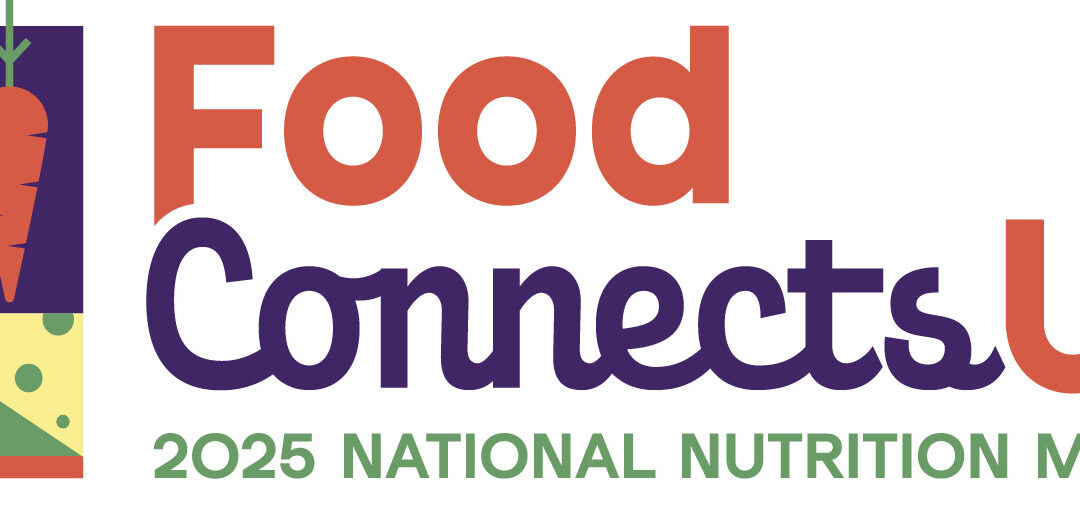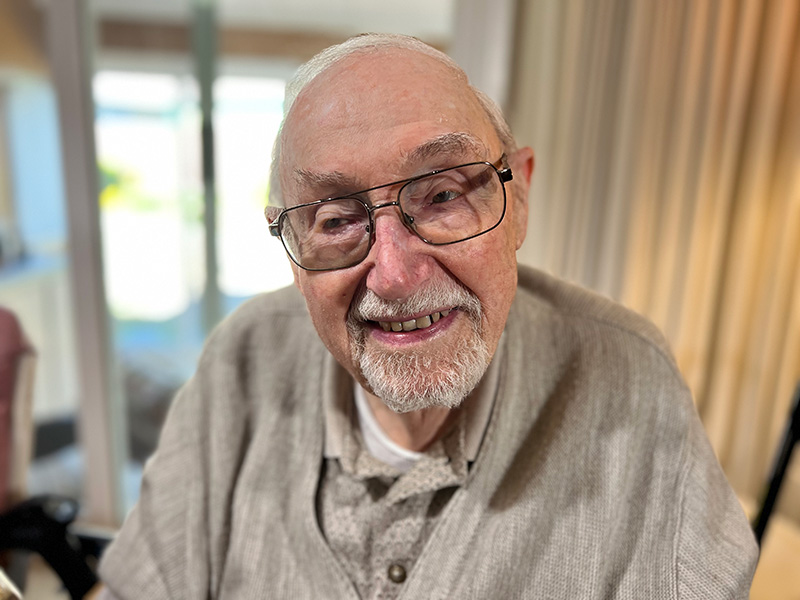“I’ve learned more from the clients than they’ve received from me,” says Kristi Hirsch, Meals on Wheels San Francisco Director of Social Work, who recently celebrated a BIG work milestone having been with our organization for more than 17 years.
“My job has been a real-life learning experience. It’s a joy to meet so many San Franciscans and to talk to the people we serve,” Kristi reflected.
Working so closely with the clients drew her to Meals on Wheels. “I wasn’t in a sterile office with people coming to me; I was going to the homes of the people we served,” Kristi said. She has personally known clients by sitting in their living rooms and seeing the family photos and pictures of their travels.
Seniors in San Francisco
The stresses for San Francisco seniors haven’t changed over those years. “It’s always been a struggle to live on a social security income in a city that has such a high cost of living,” Kristy said.
One of the hardest things for her to see is the impossible financial choices older adults face.
“For people that have worked so hard – their whole lives – to not feel ever financially secure is terrible.”
Day-to-Day
Meals on Wheels San Francisco delivers meals and services to, on average, about 3,000 older adults every day. The client experience starts once a senior has applied for home-delivered meals and has been accepted by Meals on Wheels. They then receive a visit (or during the pandemic, for safety purposes, a phone call) from our Social Work team — a getting to know you style meeting. Kristi and her team ensure each senior is eligible – eligibility means 60 years of age or older, living in San Francisco, and homebound. Developing a rapport is important, though.
“If we get to know their situation, they feel they can call if they need something,” says Kristi.
With such a large client population, there are many support requests.
Helping seniors age in place safely is often the goal. For example, the team might help obtain home safety equipment, like a grab bar, a shower chair, or even a nightlight. Kristi recalls helping another client who was in a tricky situation — not qualifying for low-income financial assistance, yet not being able to afford private pay for in-home services.
“My job was to piece together the services in a way that got her the home-based medical care she needed. This helped her maintain her independence for quite some time,” says Kristi.
Loneliness and Isolation during the Pandemic
Now, the pandemic has brought added challenges, but Kristi sees seniors as having better crisis management tools. “Seniors already had some of the resources under their belt to deal with staying at home for long periods.”
Still, the pandemic has been devastating to so many, especially considering the effects of isolation. “A person could go months at a time, and the only person saying, ‘hey, how are you?’ is the Meals on Wheels driver.”
Kristi’s colleagues share her passion for helping others. During the pandemic, Meals on Wheels social worker, Vicki Goldstone, says her older adult clients need even more support.
“So many people have been feeling very isolated this year, and often people don’t have the usual supports that they’ve had in the past. Even the biggest loners are feeling Covid’s effects. We, humans, need humans.”
Social Worker, Marie OConnor, who recently retired from Meals on Wheels, has always developed relationships with her clients.
“Typically for me, if a client expresses loneliness or related, I do ask if they are interested in one of our volunteer programs such as the Friendly Social Call program,” says Marie.
“Depending on the nature of the loneliness, I try to always validate their feelings of it, whether it’s related to COVID isolation/shelter in place… or grief – missing loved ones (human and pets). And I try to ask them how they cope with it—and many folks have ways that they will indeed name, like faith practice, or reading, music, TV, etc…And I try to validate that too.”



